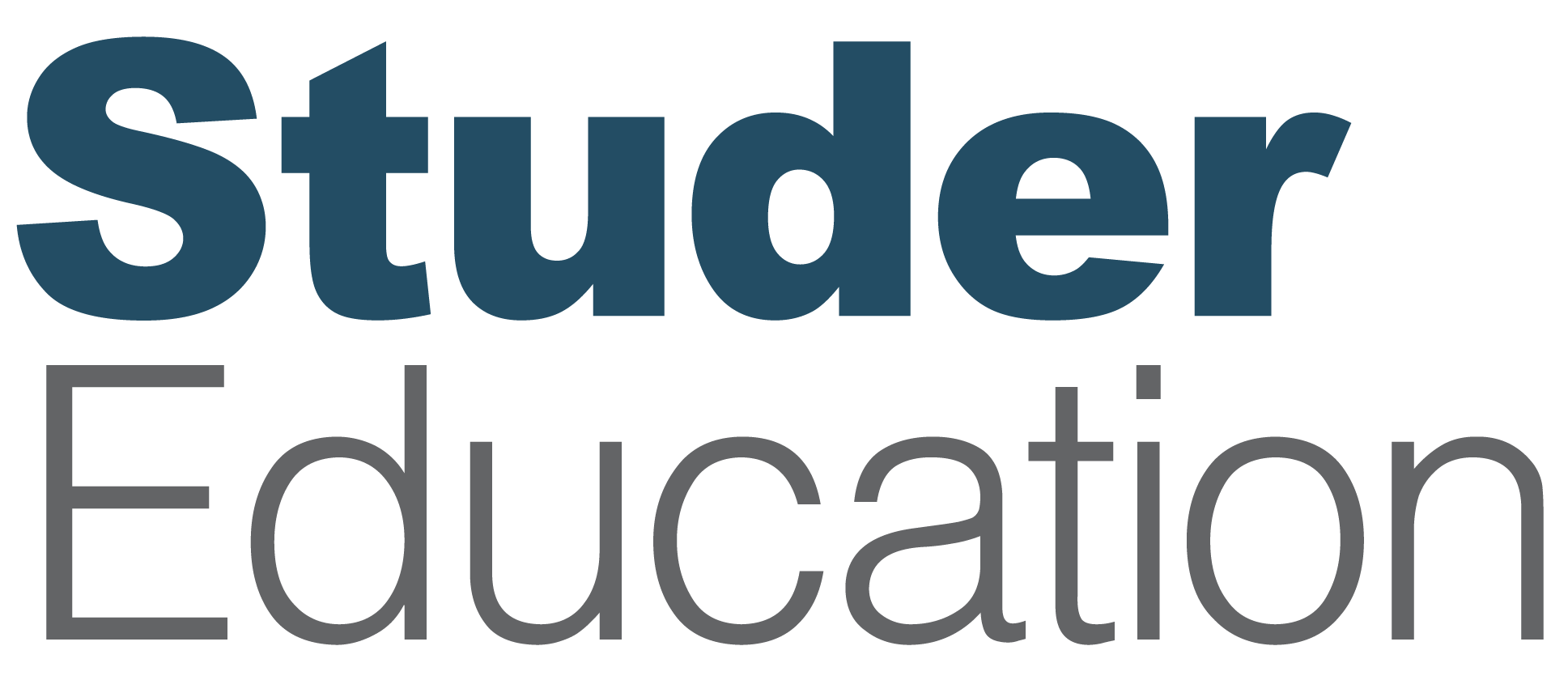
Good performance management practices are key to the success of an organization. Performance management skills, particularly having effective performance conversations, are not easy to implement and carry out. However, the pain of not having them is worse than the pain of learning and working to efficiently implement them.
Why Performance Conversations?
Having professional performance conversations with high performers is one of the most important jobs for leaders to do in order to re-recruit the organization’s most valuable employees. High-performing employees are the heart of the organization—these routine conversations ensure that these employees have the tools and resources they need to continue to push the organization forward.
Equally important, performance conversations allow leaders to solve the problem of addressing low-performance issues. When leaders don’t address low/subpar performers, their organization’s improvement will hit a wall. Only good performance management will get them over the wall. Furthermore, if leaders address performance issues quickly enough, they will have less problems along the way and be able to steer towards organizational excellence.
Implementing Performance Conversations
Tarrant City Schools, in Tarrant, AL, has recently made strides in this  positive direction through their work with coach, Karen (KK) Owen, to implement professional performance conversations. They are seeing promising results due to their diligent work in differentiating high performers from low performers, effectively having the conversations, and checking back in with employees to reassess.
positive direction through their work with coach, Karen (KK) Owen, to implement professional performance conversations. They are seeing promising results due to their diligent work in differentiating high performers from low performers, effectively having the conversations, and checking back in with employees to reassess.
Dr. Shelly Mize, the passion-driven Superintendent at Tarrant City Schools, shares with us some of the initial impacts these conversations have had on her organization, as well as best practices used in those initial stages of implementation:
 Tarrant City Schools has learned and been using the performance conversations leadership tactic. How has having performance conversations helped you and other district leaders?
Tarrant City Schools has learned and been using the performance conversations leadership tactic. How has having performance conversations helped you and other district leaders?
Having performance conversations has really helped us look at our staff and differentiate them. It has also given us the tools to re-recruit our high performers and the tools to work with our low performers. These tools include takeaways, to-do’s, as well as set times for employees to come back in for progress monitoring to help them improve their craft. Low performers either improve their craft or they choose to go somewhere else. It has been an awesome process for us to implement at Tarrant.
Were there any challenges that you and the leadership team faced in those initial implementation stages? If so, any best practices that have come about as a result of working through those challenges?
Whenever you learn something new there is always that paradigm shift back to zero and you feel consciously unskilled. The low performer conversations were the most difficult for us. Strategies which helped us include: talking through the issues, writing the concerns in script form which has since evolved to key points, and practicing particularly difficult performance conversations. Although we are better at performance conversations, leaders still confidentially bounce thoughts and ideas off of each other—especially if the other (district) leader has worked with the employee before or worked through a similar situation.
Was there anything specific that coach Karen Owen (KK) did with the leadership team that has been especially key to your success with the process?
I cannot even begin to describe how amazing and invaluable KK has been to our leadership team! She is a brilliant leader and because she has “walked in our shoes” she totally “gets” what we work through each day. KK and Dr. Robin Largue modeled performance conversations with us during one Leader Development Institute (LDI). It was very helpful to see and hear the conversations and then discuss each one and how they are different. At another LDI, KK brought scenarios based on our different job types, divided us up into our job types and we practiced the conversations with our “like” groups. Both of these LDIs were very helpful, which is why we continue to “practice” the more difficult conversations even now.
We are proud of the work Tarrant City Schools has done to effectively implement these performance conversations. How can you learn from this model district to begin having these vital conversations at your organization?
Resource: Maximize Performance


